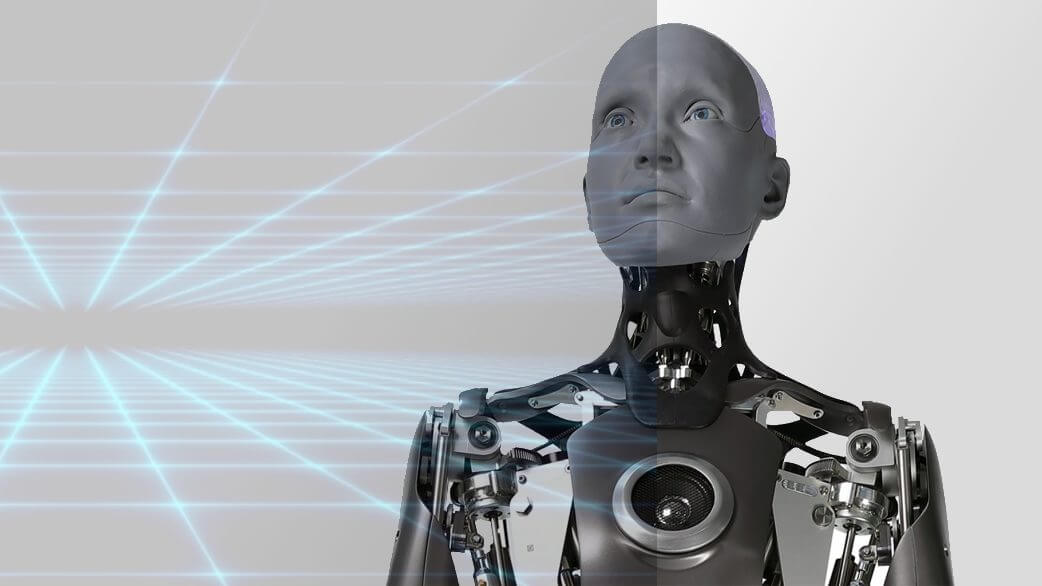
Content is the lifeblood of the internet, toppling over traditional forms of media and revolutionizing the fields of modern marketing and PR. Everything you read on the web has been written carefully by a trained copywriting professional. It takes a whole team of writers and editors to curate content that matches the tone, style, format, and level of depth that agrees with the respective entity. Or at least that’s the way things were until very recently.
The rise of AI-powered software has led to the creation of a strange new breed of writing tools: AI writers. Products like Jarvis.ai, Writesonic, and Rytr claim that their algorithmic magic can produce original content fit to replace the work of a typical copywriter. You’ll find raving reviews on their websites, leading us to believe that these tools do the job efficiently.
So now that machines have seemingly cracked the code to create the perfect copy, what’s next? After conquering marketing content and internet articles, will the literary world be completely disrupted by nothing but a set of computer codes? An optimist would say yes, it seems that the future holds machine-written novels and the extinction of traditional flesh and blood authors in store for us. After all, bots already respond to our basic queries online, provide tech support, take orders, and so much more.
If such writing tools already exist today, what’s stopping AI from creating compelling stories that span over the course of 300 pages or maybe even three to four books? Well, as it turns out, a lot actually. You see, the AI of today is not exactly intelligent on its own. It uses machine learning to process copious amounts of data and learns to create “new” content based on the training sets. The more data you feed it, the better it will get. But that isn’t owing to the brilliance of the AI, rather it is entirely the credit of the people who wrote the data that was fed to the AI. At the end of the day, the content isn’t exactly original. It is better described as a very good form of plagiarism that harnesses the power of AI to produce polished copy.
When it comes to the literary world, all written works in existence are inspired by imagination and emotion. Many notable publications only ever came into existence because the authors were moved by events and experiences in real life. To quote Steven Poole of The Guardian, “Writing is not data, it is a means of expression, and a non-sentient computer program has nothing to express.” No matter how good an AI we humans build, it will always be a computer algorithm learning from our very own examples. Even Elon Musk’s OpenAI, with all its glorious ambition, failed to get its language model to produce perfectly coherent content every single time.
We have definitely made strides in the advancement of AI, this remains undoubtedly true. However, there is nothing that stands as sufficient proof that AI will one day make our beloved human authors defunct. Sure, we can expect writing assistants and literary tools to become a lot more advanced, but nothing as dramatic as the elimination of scribes and novelists as a whole.
Namerah is a Technology Journalist with experience at leading online publications like Android Central. She has a passion for all things tech and gaming, and has been an honorary Goodreads librarian since 2011. When she isn't writing, she can be found chasing stray cats and dogs in the streets of Dhaka or slaying dragons in the land of Skyrim. Email her at namerah@goodereader.com




